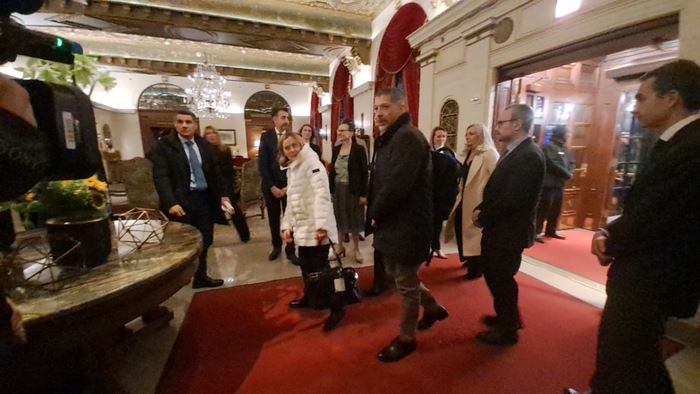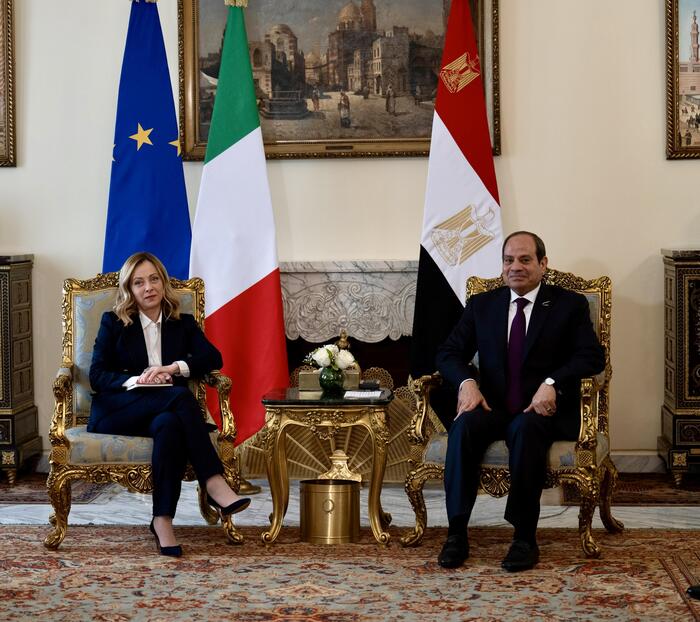Enlarge image
Chancellor Olaf Scholz (SPD) at the NATO summit in Madrid
Photo: PIERRE-PHILIPPE MARCOU / AFP
The past few days have been a continuous loop of summit meetings for the powerful of the world: last Thursday and Friday the EU heads of state and government met in Brussels, and from Sunday Federal Chancellor Olaf Scholz (SPD) invited the G7 round to Schloss Elmau in Bavaria.
From there we went directly to the NATO summit in Madrid, which ends this Thursday.
Far-reaching resolutions, powerfully staged images of unity, discussions and votes away from the big groups: there are many reasons why the participants appreciate such meetings.
Scholz, for example, took stock after the G7 meeting.
The summit "demonstrated the great power of democratic alliances", it was helpful to be able to discuss in detail in person.
Does the public see it that way too?
According to a survey by the opinion research institute Civey for SPIEGEL, at least the majority of Germans support such international meetings.
According to this, around 59 percent of the population consider formats such as the G7 summit to be useful in order to deal with current and global crises.
(Background on the Civey methodology can be found here.)
However, the value fluctuates significantly if you look at the division between east and west.
Almost two-thirds of those surveyed in western Germany consider such summits to be useful, while in the eastern German federal states fewer than half affirmed the usefulness of the summit formats.
But even if the approval of the meetings of the powerful is basically positive - the evaluation of individual resolutions is not nearly as clear.
At the G7 meeting at Schloss Elmau, the heads of state and government made a clear commitment to support Ukraine.
EU Commission President Ursula von der Leyen formulated the slogan on Sunday evening that the country attacked by Russia would be helped "as long as it is necessary".
The same sentence made it into the official statement of the G7 countries the following day.
With the decision, the group of the seven major western economies prepared themselves for long-term support for Ukraine.
The commitment should send a clear message to Russia: This war cannot be won, neither in the short term nor in the long term.
The Germans are comparatively cautious about this political declaration of will: Around 52 percent rate the statement positively.
She decidedly rejected a third.
Mr









